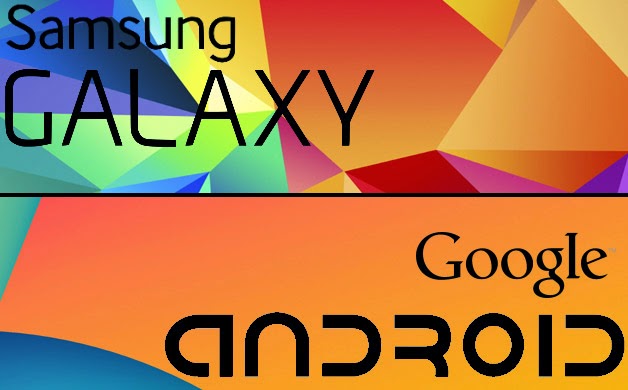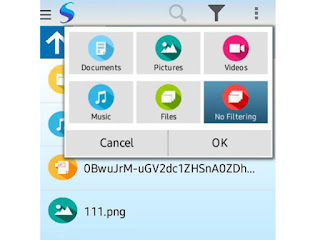Tizen OS vs. Android OS
Samsung’s in-house operating system Tizen is here and it doesn’t look like they’re backing away from pushing it onto the market anytime soon. With Samsung’s release of their own operating system, does Tizen stand a chance on competing independently against Google’s Android?
Samsung vs Google
© Samsung, Google, SamsungOsTizen
The question itself has very little to do with the Tizen operating system and revolves more around Samsung as a brand. If Samsung can equate its quality of mobile devices with their own operating system and overshadow Google Android as a whole, Tizen could get its feet off the ground. If not, consumers will continue to brand Samsung along with Android.
It is often mentioned that most new consumers buy a smartphone that has a good design, nice features, or that is affordable. What type of operating system is behind this smartphone, most people who are looking for a new or first time smartphone either care very little about or know nothing at all. This could lead to a big problem for Google, especially in developing markets where there is no current brand or operating system loyalty.
However, at the same time, it’s hard not to realize Google’s influence on the PC and mobile market. We browse cat videos on YouTube, we surf the web via Google Chrome, we use Google Maps to find driving directions, and we use the Google Play Store to download apps on our mobile devices. When thinking of operating system for mobile devices what comes to mind? The most usual partners in crime are Google Android and Apple’s iOS and this could lead to a big problem for Samsung and Tizen.
How can Tizen get ahead?
Tizen must not bring anything new or exciting to the table, but merely reproduce the status quo or Android or Touchwiz for the time being. This is both easy and difficult for Samsung to accomplish. From the perspective of designing the base and UI behind the operating system, this isn’t too much of a challenge and Tizen has shown that in its release.
However, from an offering side of things, Samsung has a challenge ahead of them. To get the same reach as Google, Tizen will need to offer or provide alternatives for all the Google services that have become an integrated part of Android. Otherwise, they will have a barrier that will inhibit consumers from adapting to this latest operating system.
All things aside, Samsung has the clout and the distribution model to pull this off this if they perform it right. If Tizen is handled properly, Samsung could see themselves move away from having to rely on Android for their smartphones and onward to something that they control more closely. On the flip side, if Google and its software can establish itself as being indispensable towards the mobile community (if it hasn’t already done so), Samsung will continue to be chained to Android.
And so we ask you: what do you think will happen with Tizen?
(originally by Stephan Serowy)




Comments
Post a Comment